Ukrainian refugees in Poland: ‘We love Ukraine and want to go home’
Poland always seems to be at the crossroads of history. Invaded by both Germany and Russia during World War II, this is a country that knows what it’s like to have your cities destroyed by attacking forces, and thus has been a particularly empathetic neighbor to Ukraine in its time of need.
Not only has Poland supplied aircraft and weapons to Ukraine, the country has also taken in about three million Ukrainian refugees through eight border crossings, and Polish families have opened their homes and hearts to them, feeding and sheltering them in a grassroots movement that inspired the Polish government to follow suit, providing refugees with the social, educational and healthcare benefits it provides its own citizens.
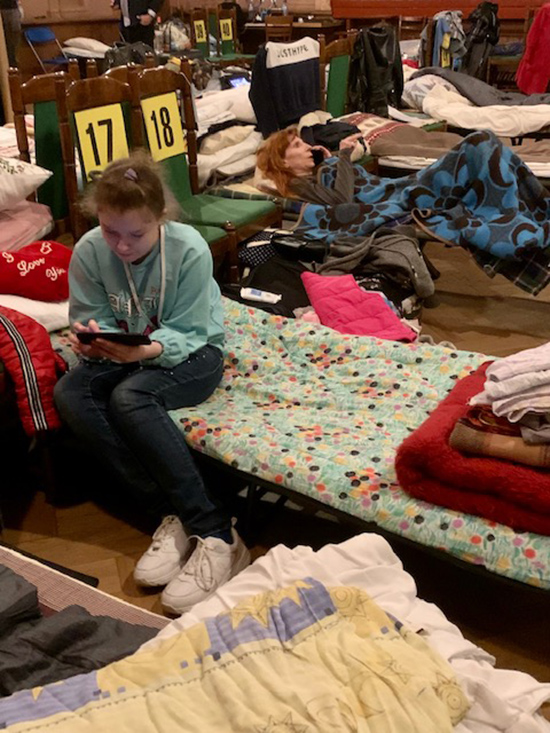
“Currently, 25,000 Ukrainians cross the border every day into Poland,” says Pat Piechowski, a Polish interpreter who’s covered the border with media from around the world. “Every day 20,000 go back, so there’s a net gain of 5,000. Many people from all over the world would drive to the Poland-Ukraine border with signs saying they could drive the refugees to Krakow, Warsaw… even as far away as Estonia.”
In Warsaw, they have what they call “reception centers” (the word “camps” is avoided). We went to a reception center near a mall and saw a cafeteria tent only refugees can enter and eat with their families. Then they are bussed to other centers where they sleep.
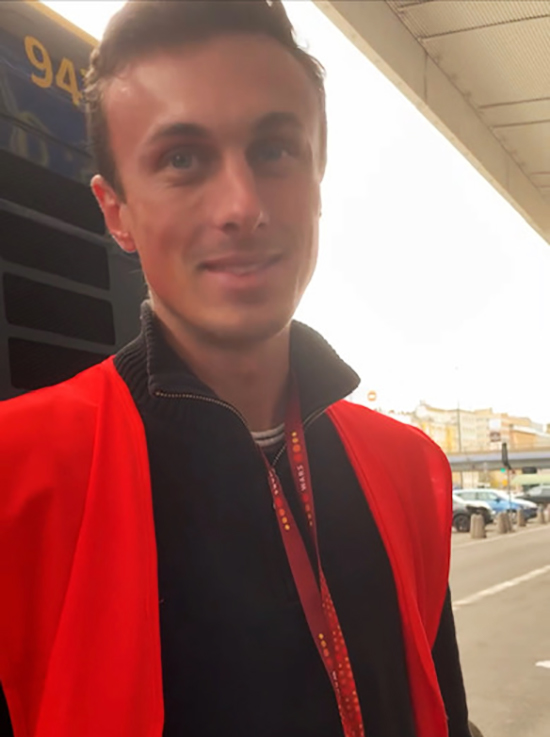
There we spoke to a young American-Canadian, Robert Sleigh, 25, a college student from California: “I just wanted to help,” he said. “I paid to be here on my own dime.”
Sleigh, who at 18 even came here to Legazpi City on a medical mission with his church, New Vintage, volunteers 11 to 12 hours a day, doing any task to help the refugees. “Some have lost everything: their family killed, their house gone. Others are just displaced. So I’ve heard tons of stories. It’s heart-wrenching and so graphic,” he says, tears welling up. “It’s a war crime. I hope Putin pays for this. It’s disgusting.”
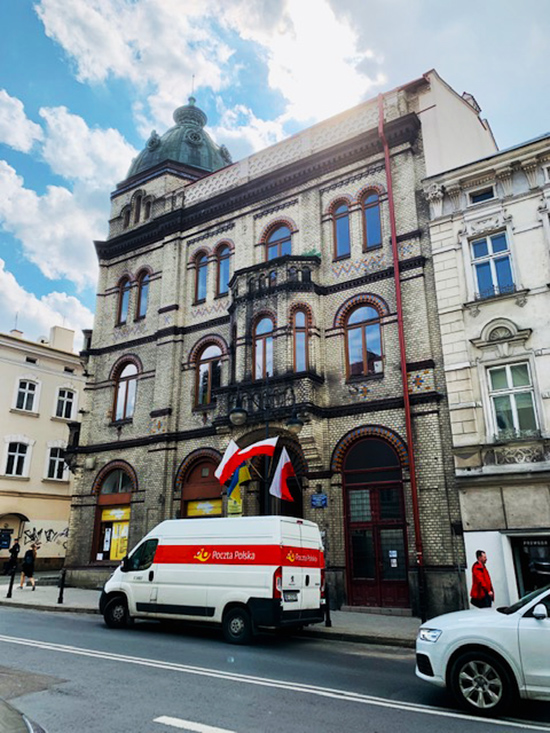
In border town Przemyśl, volunteers like Sleigh meet refugees at the railway station and take them to Ukrainian House, a historical building over 120 years old that was built and is still run by the local Ukrainian community.
“Our mission is a social help center-based mostly on volunteer work,” says Kasia Komar, Ukrainian House’s volunteer coordinator. “We have two major areas of operation: one is translation, providing first assistance to the people in the railway station in Przemyśl. Second is this center, where we have a consulate and also a place where people can rest and sleep.”
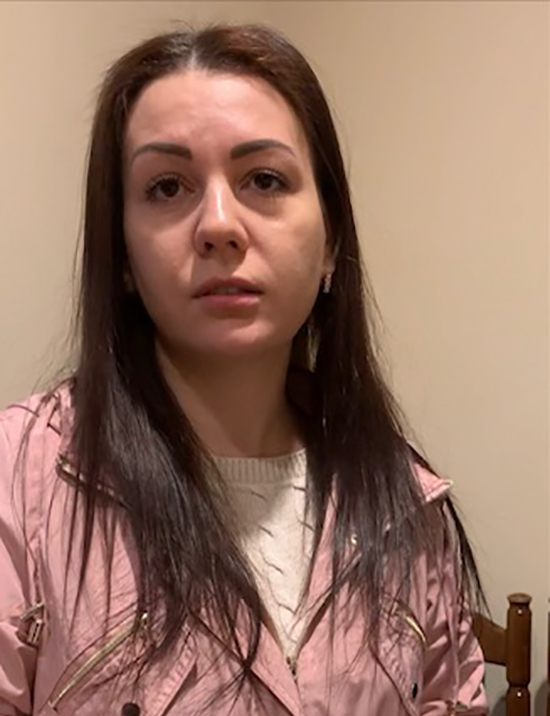
At Ukrainian House I met Maya, a young woman from Odessa whose husband is still in Ukraine fighting. “Poland family give us beds,” she said, “but in Ukraine it is bad. People are dying — little children and families are dying. We love Ukraine and we want to go home very, very much.”
At a former Tesco supermarket that was converted into a reception center, we met 16-year-old Kristina and her mother Natasha, who are from Rubizhne in eastern Ukraine. “Eighty percent of my town was destroyed,” Kristina told us. “It was very awful. A bomb hit our house.”
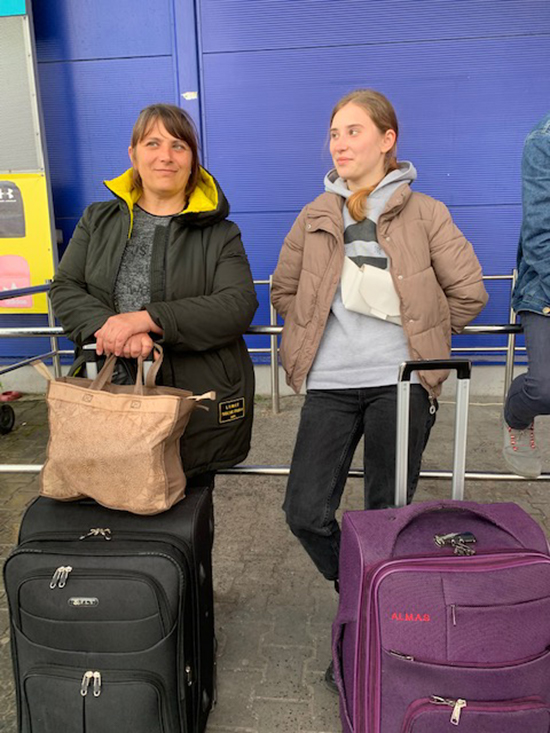
She and her mom fled to Dnipro, then further west to Vinnytsia. Traveling by bus, the journey took them two weeks. “Today I decided to go to Poland,” said Kristina, who was studying management and fine arts at university before the war. “Russia is a very awful country. I hate them because they destroyed my house, my town.”
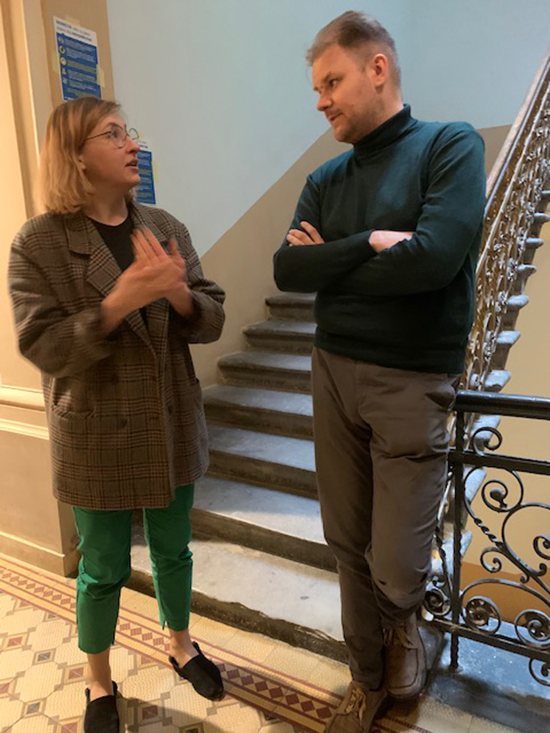
She said that in Poland she didn’t want to stay far from the border because she wanted to go back to Ukraine if possible, but Pat told us that the Russians started the war two districts south of Rubizhne “so she’ll never be able to go back to her town.”
Unaware of this dire situation, Kristina told us, “I’m going to arrive in my country Ukraine, because I like it. I hope that this war will end.”


